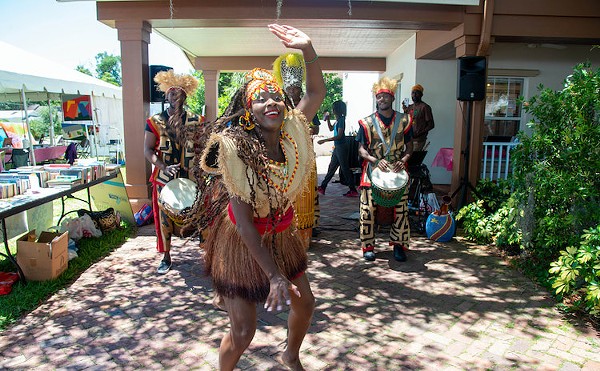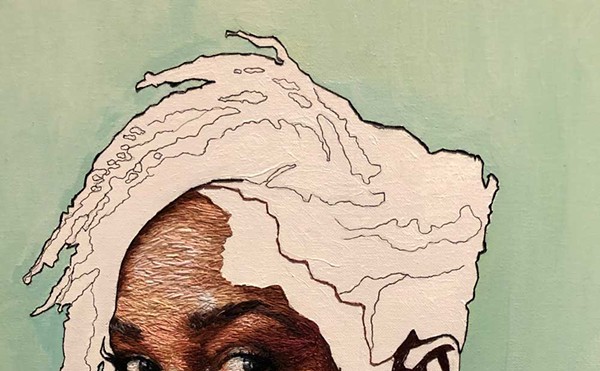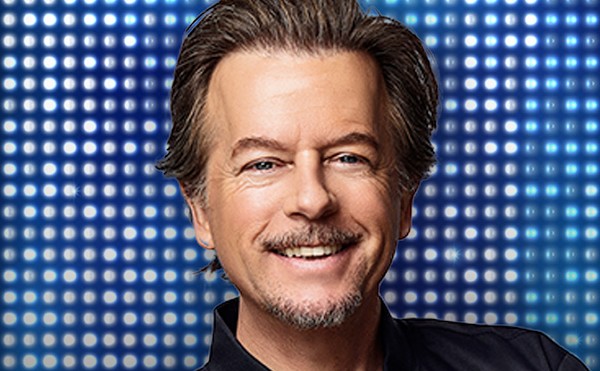File this one under the heading "great idea for a movie" – which, you may have caught the implication, is several steps removed from the concept "great movie." Director John Boorman's film is set in mid-'90s South Africa, when the Truth and Reconciliation Commission hearings were in full effect and the nation was trying to put apartheid in its rear-view mirror without selling black survivors down the river or stoking an excess of white resentment. Real-life testimony of atrocities committed by the ruling racist minority is dramatized in courtroom sequences that appeal to our most humanistic impulses. With considerable canniness, the movie has us view those proceedings through the eyes of Langston Whitfield (Samuel L. Jackson), a Washington Post reporter disgusted by his mother country's (excessively?) forgiving approach to justice, and Anna Malan (Juliette Binoche), a crusading Afrikaner poet-cum-radio-journalist who sees her assignment as a way to compensate for the worst attitudes of her people – including certain members of her own family.
Asking us to accept the très French star of Chocolat as South African is the most obvious favor the film begs, but the biggest problem here isn't casting. It's the overweening belief on the part of everybody involved – from screenwriter Ann Peacock to director Boorman – that they were making An Important Film. An atmosphere of stilted self-importance chokes just about every scene; even the lighter banter passed between the squabbling Langston and Anna – and their native companion (Menzi Ngubane) – is delivered with a stiffness that prevents us from believing any of it's really happening. Moments whiz by that, on paper at least, should hit hard and deep – as when Anna, emotionally battered by the ceaseless parade of horrific tales she's been recording, breaks down in alternating sobs and peals of hysterical laughter. But what could have been a stirring depiction of incipient nervous breakdown is stranded in a sea of dramatic unreality. Speaking of stranded, a subplot in which Langston interviews an unrepentant government torturer (Brendan Gleeson, used to far better effect by Boorman in 1998's The General) feels all but divorced from the outlying narrative.
Though its moral underpinnings are sound, the story keeps going everywhere you wish it wouldn't – including making Langston and Anna the subjects of a budding romance. (As if wondering when these kids will get together is really the reason we're watching.) And for all its do-good pretension, the movie suffers from some nakedly amateurish execution: Scenes sputter into fadeouts that transmit the embarrassed vibe of a porno flick edited down for broadcast on Showtime.
Not that I'd know, of course.

















